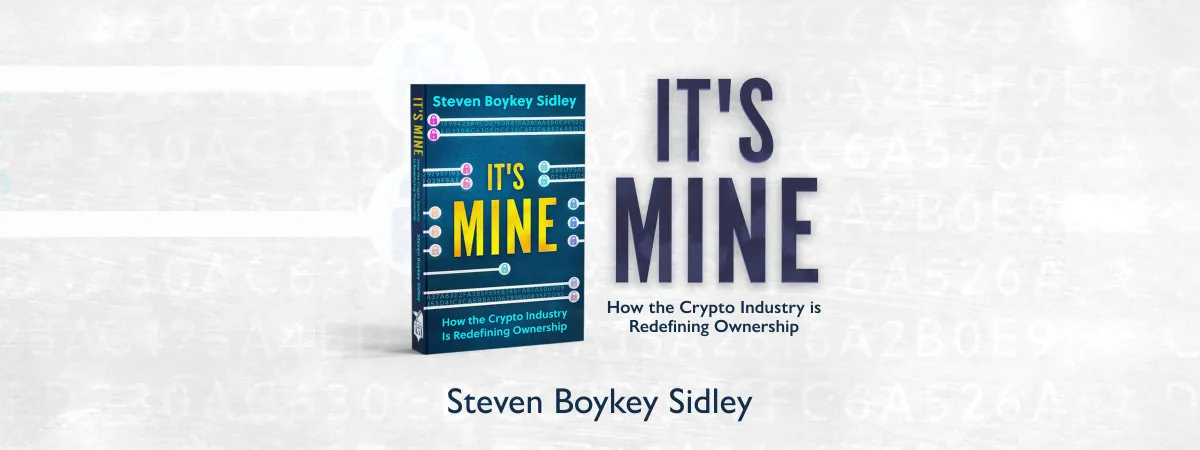GUEST ESSAY
On the wealth-happiness horizon, how much money is enough?

It’s a common question, of course. How rich do you need to be before you stop wanting to be richer? Which leads us to a deeper question: At what point will more money cease to make us happier? That’s a more nuanced matter.
I recently had lunch with a friend at a restaurant overlooking False Bay in Cape Town. The day was pretty and warm, and we were in the mood to dream about pleasant possibilities. These included the question: If our stars were to align, our angels were to favour us and all our mediocre investments were to suddenly soar, how much money would it take for us to say — okay, that’s enough, I’m fine now?
It’s a common question, of course. How rich do you need to be before you stop wanting to be richer? One only has to consider the boasts of the current titans of wealth to realise that, for some, there is no such thing as enough. But perhaps those of us with more modest expectations can imagine a horizon that, when reached, would be recognisable as our destination and stopping point. (I chose the horizon metaphor with forethought because of the familiar “receding” problem.)
As lunch progressed, we batted the subject around. I said — I think the number is X million. My friend demurred — that’s fine if you live out your life here, but what if you emigrate to New York or Paris or Tokyo? Hmm, yes, I agreed, well maybe four times X million then.
And so we continued into the hypothetical realm of how the money might be spent or invested. We considered different ratios of equities, cash, bonds, crypto, real estate and what monthly income would be required to live well without even having to glance at the price of items on the restaurant menu.
Which leads us to a deeper question: At what point will more money cease to make us happier? That’s a more nuanced matter.
It turns out that the Israeli Nobel Prize-winning psychologist Daniel Kahneman, who died last month and who invented the entire field of behavioural economics with his academic partner Amos Tversky, has studied this subject at some length.
His first foray into the relationship between money and happiness concluded that the happiness axis increases up to about $75,000 per year in income, whereafter more money has little impact on one’s state of mind. This study dates from 2010 — it translates into $107,500 annual income today.
But in 2021, the psychologist Matthew Killingsworth published another study, showing a different result. Kahneman took the criticism to heart and teamed up with Killingsworth to produce a new set of results.
It shows that there is a real gain in happiness from $100K to $200K in annual income, but, beyond that level of income, you have to earn $400K and then $800K to achieve the same gain in happiness. And so on; happiness is less and less affected as wealth increases.
The graph looks like this:
On reflection, the result is not that surprising. However, the celebrity podcaster, blogger entrepreneur and educator Scott Galloway, in his blog No Mercy / No Malice (from which this graph is extracted), saw something else in this curve — a potential solution to all of the US’s fiscal problems. Here is his big idea. In the US, there were a few more than 26,000 households which earned over $10-million in 2020, and which paid an average of 25% in taxes — a total of R210-billion into government coffers. No small potatoes.
More importantly, according to the Kahneman-Killingsworth study, their happiness quotient was unlikely to have been affected much by incomes in excess of $10-million.
Galloway comes up with the following startling maths. If the US collected an additional 25% in tax from all annual incomes over $10-million, a further $140-billion could be added to government coffers.
“[This] could cut child poverty in half ($100-billion) and end homelessness ($20-billion). These investments would generate a massive increase in the wellbeing of our commonwealth and a huge economic boon. (These societal ills cost us trillions in lost productivity.) Plus, we’d have enough left over to pay for most of Nasa ($25-billion). And rich people love space.”
Will the rich people have their happiness diminished? No. Not according to the Kahneman-Killingsworth study. So everyone wins. Or rather, no one loses that much.
There is, of course, a well-trodden history of progressive taxation, but the implementation of such schemes did not apply the Kahneman-Killingsworth formula, so a lot of people, especially those who were not super-rich, got very unhappy indeed and generally ended up booting out the governments that imposed progressive taxation (the most famous instance happened in 1979 when the election in the UK ushered in the Thatcher era). The number of people earning more than $10-million a year is tiny; they do not have the voting power to remove a government.
And what of South Africa? I spent a couple of hours rooting around Stats SA and other sources, and made some wild assumptions and back-of-envelope calculations and came up with this: If our government increased tax rates to 50% for only those earning more than R5-million per year (somewhere around 10,000 households), they would raise an additional R15-billion to R30-billion.
This, of course, assumes that everyone is honest and pays their taxes, which is an improbable stretch. But this pile would go a long way to fixing all manner of problems, if it was spent wisely (another stretch), and we can assume that, if Kahneman and Killingsworth are right, those earning this level of income would retain most, if not all, of their good humour even after the additional tax.
My friend and I finished our lunch, unfazed by the thought that we were not going to be in this bracket any time soon. The day was fine, and we were quite happy with that. DM





















Thanks for an interesting post. In the South African context the assumption that the collection of more tax would be beneficial for the average South African requires more interrogation. Is this assumption true? Does the South African government spend the tax money it receives wisely and efficiently. Is providing more money to the state the best way to improve wellbeing for South Africa? I would suggest there are better ways to uplift South Africa than providing more money to the state for them to waste and plunder.
But the Kahneman-Killingsworth formula comes to rescue here, too, because surely we can interpret it to mean that there is a limit to how much happiness can be derived from wasting and plundering.
Only meant half in jest 😉
Around twenty five years ago I saw a similar scenario in one of the UK papers. They said at that time that an income of £75 000.00 was the happy medium for happiness. This afforded you a decent standard of living, a good few holidays and so on. They went on to say that the super-rich get bored because there really are only so many holidays you can have, how much shopping you can do, how many fine restaurants you can eat in. It is interesting to see that twenty five years later a $75 000.00 figure is being bandied about.